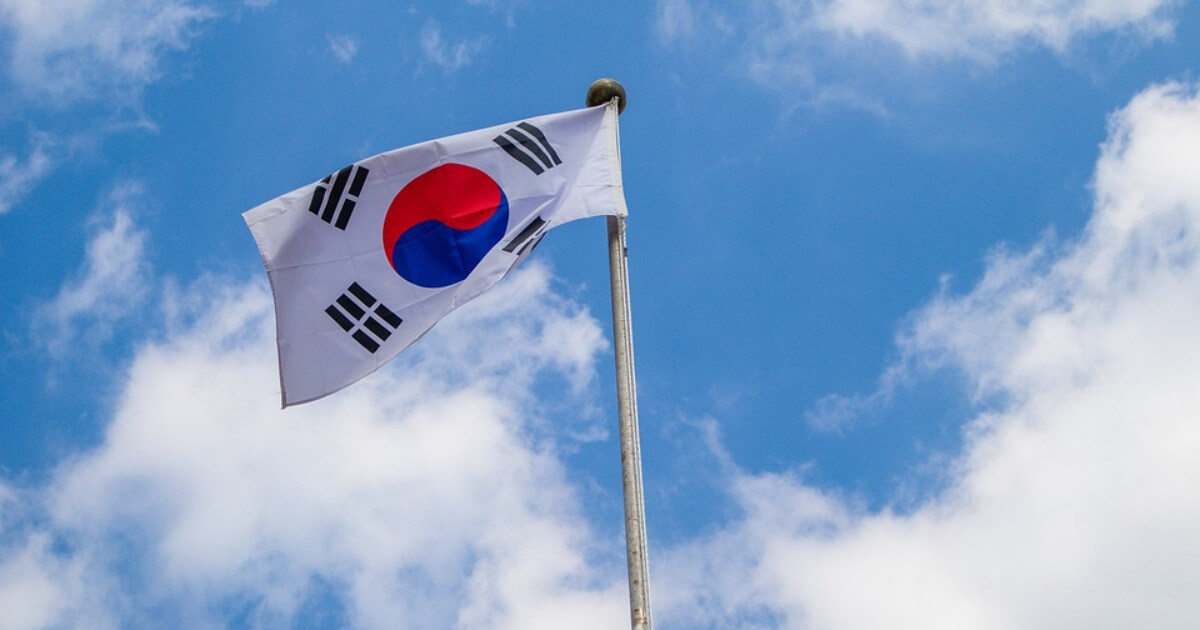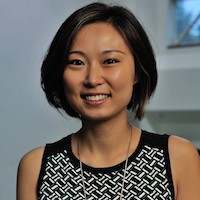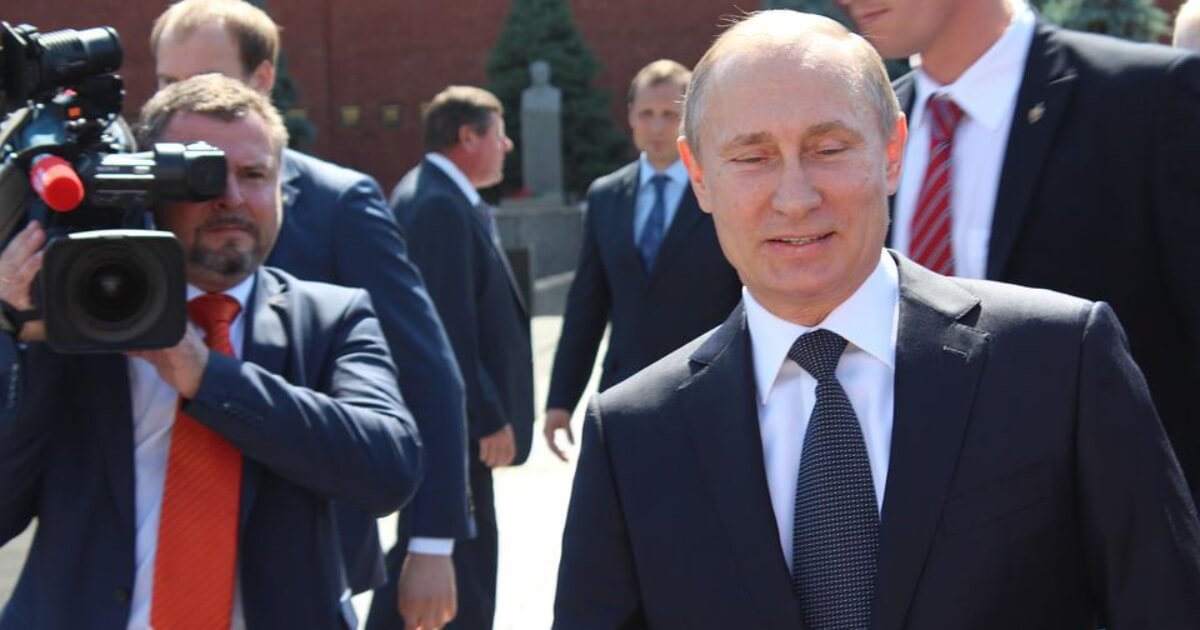Korea’s Anti-Feminist Angry Young Men
How a feminist backlash became a campaign issue in the South Korean presidential election
March 8, 2022

An anti-feminist wave has emerged as a crucial election issue ahead of South Korea’s March 9th election.
The beneficiary is the main opposition, the conservative People Power Party (PPP).
The PPP is experiencing a sharp rise in support amongst men in their 20s.
Angry young men
According to the most recent Gallup poll, 44% of men between 18- and 20-years old support the PPP.
By contrast, only 19% support the ruling, liberal Democratic Party.
A Realmeter poll found that 76% of men in their 20s and 66% of those in their 30s oppose feminism.
Nearly 60% of respondents in their 20s think gender issues are the most serious source of conflict in the country.
Local manifestation of a global movement
South Korea’s feminist backlash is a local manifestation of global anti-feminist movements.
The flustered “angry young men” believe that government policies aimed at ensuring gender parity are in fact giving women an unfair advantage.
Perception of gender policies as unfair
In a poll conducted by a news magazine SisaIn and Hankook Research in 2019, close to 70% of men in their 20s claimed that discrimination against men was severe.
Men in their 20s also disproportionately agreed that the education system and university admissions favored women over men.
Around 75% disapproved of government policies like gender quotas for elections and programs supporting women who experience career interruptions due to childbirth.
Feminist gains
South Korea established a Ministry of Gender Equality in 2001. Major feminist breakthroughs followed.
These included the adoption of gender quotas in elections and the abolition of the “hoju” system.
That is, a male-oriented family register under which the man was the legal head of a family. Abortion was also decriminalized.
Mainstream party politics
There were protests against these moves from the very beginning. Initially these were limited to fringe groups.
This has changed over the last five years. Today, the anti-gender movement has found allies in mainstream party politics.
Political Parties wooing the angry young men
The 2021 Seoul mayoral by-election first drew attention to the skewed voting behavior of Korea’s “angry young men.”
More than 70% of men in their 20s voted for the PPP candidate. That is compared to about 40% of women in the same age demographic.
As the presidential elections loom, both the liberal and conservative parties are deploying anti-feminist rhetoric to appeal to the disaffected young man cohort.
The politics of anti-feminism
The PPP has in fact elected Lee Jun-seok as its party chairman. Lee, who is the youngest party leader in the PPP’s history, has openly voiced anti-gender arguments in the past.
He has for example berated the Democratic Party in Facebook statements for its ostensible “fixation on a pro-women agenda.”
Campaign promises
The presidential candidate for the PPP, Yoon Suk-yeol, is running on a campaign platform that promises to abolish the Ministry of Gender Equality and Family.
He has pledged to strengthen penalties for false accusations of sex crimes, undermining the accomplishments of the MeToo movement.
The latter helped raise awareness about endemic sexual assault and harassment in Korea.
Democratic party joins the anti-feminist fray
Lee Jae-myeong, the Democratic Party’s presidential candidate, is countering Yoon’s attempt to attract the disaffected young men.
He has promised that the Ministry of Gender Equality and Family will drop “gender” from its title.
He pledged to rename it “the Ministry of Equality and Family.”
This is in spite of the fact that it was his party that pushed for its establishment in the first place.
The facts
The fact is that South Korean women have made considerable progress in their educational attainment and health-related indicators.
However, the gender wage gap in South Korea is the widest among the developed economies of OECD member states.
Moreover, the share of women parliamentarians is about 19%, lower than the average in Asia.
Nonetheless, around half of all men in their 20s and 30s seem to think that women have an easier time in society according to several opinion polls.
Explaining the discrepancy
The reasons for this discrepancy between fact and perception are multifold.
Political parties capitalize on the frustrations of young men for their electoral gain.
And these frustrations stem from the country’s grim economic prospects. All of this is worsened by growing social inequalities.
Currently, 6% of those in their 20s are unemployed in South Korea.
Conclusion
What is clear is that whichever candidate wins the election in March, the deepening gender conflicts in South Korea are unlikely to improve anytime soon.
Takeaways
An anti-feminist wave has emerged as a crucial election issue ahead of South Korea’s March 9th election. The beneficiary is the main opposition, the conservative People Power Party.
The “angry young men” in South Korea believe that government policies aimed at ensuring gender parity are in fact giving an unfair advantage to women.
The anti-gender movement in South Korea has allies in both the mainstream political parties.
Political parties capitalize on the frustrations of young men for their electoral gain. And these frustrations stem from the country’s grim economic prospects.
Whichever candidate wins the election in March, the deepening gender conflicts in South Korea are unlikely to improve anytime soon.

